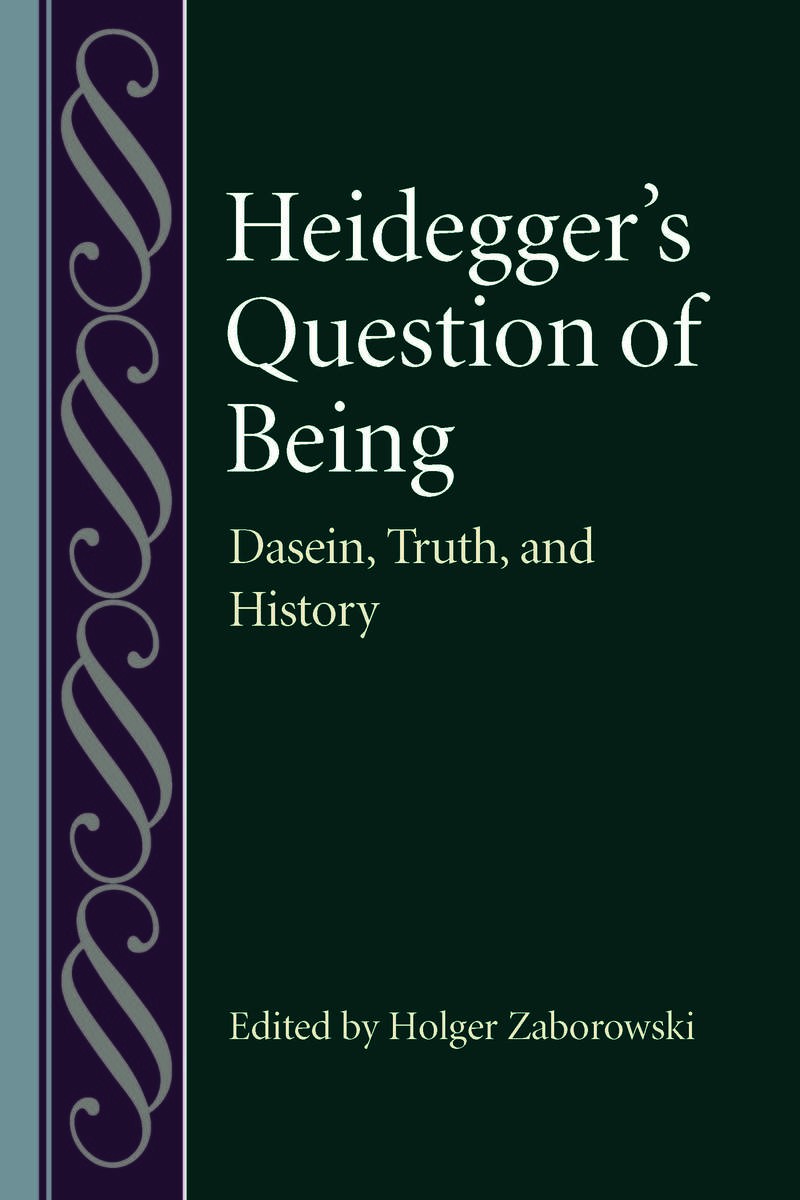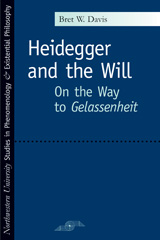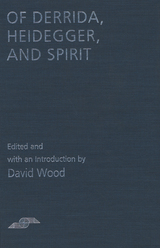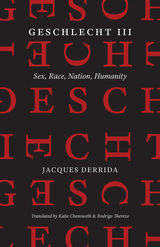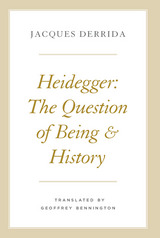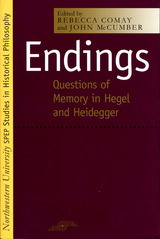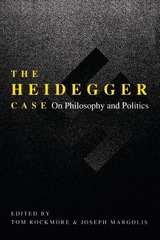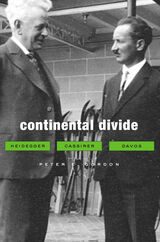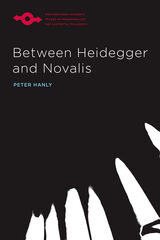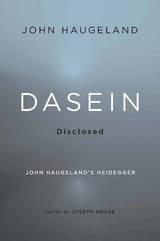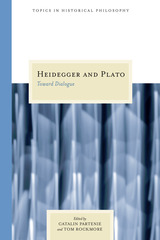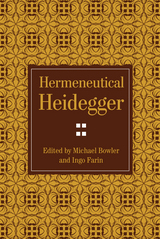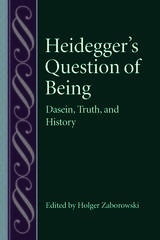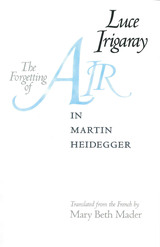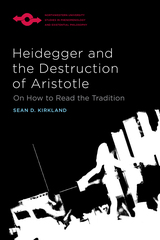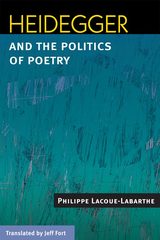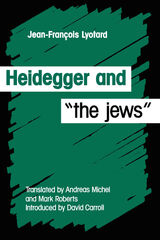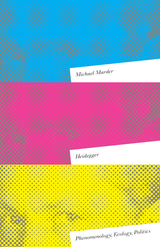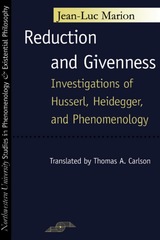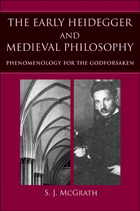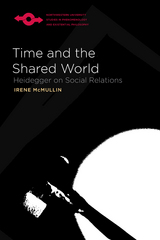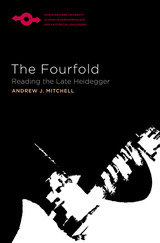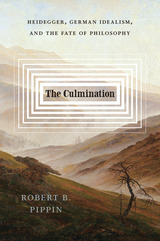Heidegger's Question of Being
Catholic University of America Press, 2017
eISBN: 978-0-8132-2955-3 | Cloth: 978-0-8132-2954-6
Library of Congress Classification B3279.H49H46 2017
Dewey Decimal Classification 193
eISBN: 978-0-8132-2955-3 | Cloth: 978-0-8132-2954-6
Library of Congress Classification B3279.H49H46 2017
Dewey Decimal Classification 193
ABOUT THIS BOOK | TOC
ABOUT THIS BOOK
The number of open and controversial questions in contemporary Heidegger research continues to be a source of scholarly dialogue. There are important questions that concern the development, as it were, of his thought and the differences and similarities between his early main work Being and Time and his later so-called being-historical thought, the thinking of the event, or appropriation, of Being. There are questions that focus on his relation to important figures in the history of ideas such as the pre-Socratics, Plato, Aristotle, Thomas Aquinas, Descartes, Leibniz, Kant, the German idealists, and Nietzsche. Other questions focus on his biography, on his rectorate and on his relation to politics in general and to National Socialism in particular or on his influence on subsequent philosophers.
The contributions to this volume, written by leading scholars in the field of Heidegger research, address many of these questions in close readings of Heidegger’s texts and thus provide sound orientation in the field of contemporary Heidegger research. They show how the different trajectories of Heidegger’s thought—his early interest in the meaning of Being and in Dasein, his discussion of, and involvement with, politics, his understanding of art, poetry, and technology, his concept of truth and the idea of a history of Being—all converge at one point: the question of Being. It thus becomes clear that, all differences notwithstanding, Heidegger followed one very consistent path of thinking.
The contributions to this volume, written by leading scholars in the field of Heidegger research, address many of these questions in close readings of Heidegger’s texts and thus provide sound orientation in the field of contemporary Heidegger research. They show how the different trajectories of Heidegger’s thought—his early interest in the meaning of Being and in Dasein, his discussion of, and involvement with, politics, his understanding of art, poetry, and technology, his concept of truth and the idea of a history of Being—all converge at one point: the question of Being. It thus becomes clear that, all differences notwithstanding, Heidegger followed one very consistent path of thinking.
See other books on: 1889-1976 | Being | Heidegger, Martin | Individual Philosophers | Ontology
See other titles from Catholic University of America Press
